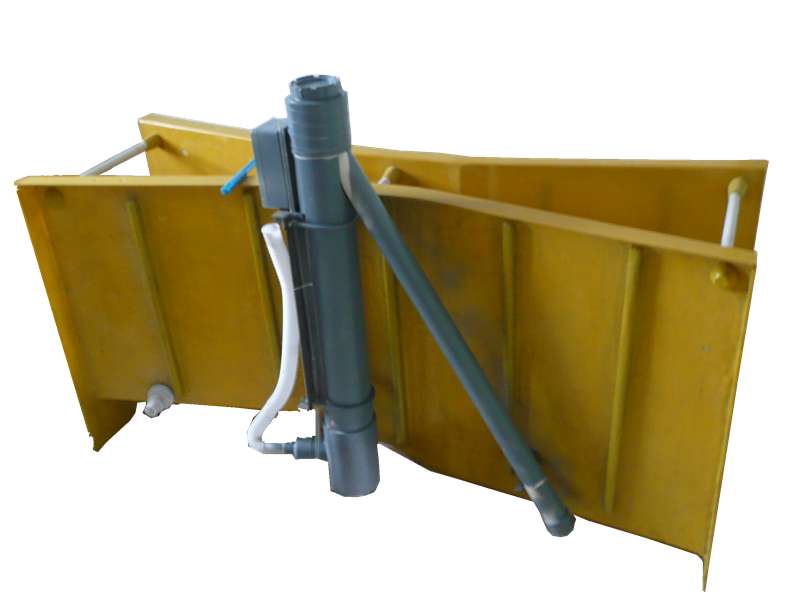
-
 Afrikaans
Afrikaans -
 Albanian
Albanian -
 Amharic
Amharic -
 Arabic
Arabic -
 Armenian
Armenian -
 Azerbaijani
Azerbaijani -
 Basque
Basque -
 Belarusian
Belarusian -
 Bengali
Bengali -
 Bosnian
Bosnian -
 Bulgarian
Bulgarian -
 Catalan
Catalan -
 Cebuano
Cebuano -
 China
China -
 China (Taiwan)
China (Taiwan) -
 Corsican
Corsican -
 Croatian
Croatian -
 Czech
Czech -
 Danish
Danish -
 Dutch
Dutch -
 English
English -
 Esperanto
Esperanto -
 Estonian
Estonian -
 Finnish
Finnish -
 French
French -
 Frisian
Frisian -
 Galician
Galician -
 Georgian
Georgian -
 German
German -
 Greek
Greek -
 Gujarati
Gujarati -
 Haitian Creole
Haitian Creole -
 hausa
hausa -
 hawaiian
hawaiian -
 Hebrew
Hebrew -
 Hindi
Hindi -
 Miao
Miao -
 Hungarian
Hungarian -
 Icelandic
Icelandic -
 igbo
igbo -
 Indonesian
Indonesian -
 irish
irish -
 Italian
Italian -
 Japanese
Japanese -
 Javanese
Javanese -
 Kannada
Kannada -
 kazakh
kazakh -
 Khmer
Khmer -
 Rwandese
Rwandese -
 Korean
Korean -
 Kurdish
Kurdish -
 Kyrgyz
Kyrgyz -
 Lao
Lao -
 Latin
Latin -
 Latvian
Latvian -
 Lithuanian
Lithuanian -
 Luxembourgish
Luxembourgish -
 Macedonian
Macedonian -
 Malgashi
Malgashi -
 Malay
Malay -
 Malayalam
Malayalam -
 Maltese
Maltese -
 Maori
Maori -
 Marathi
Marathi -
 Mongolian
Mongolian -
 Myanmar
Myanmar -
 Nepali
Nepali -
 Norwegian
Norwegian -
 Norwegian
Norwegian -
 Occitan
Occitan -
 Pashto
Pashto -
 Persian
Persian -
 Polish
Polish -
 Portuguese
Portuguese -
 Punjabi
Punjabi -
 Romanian
Romanian -
 Russian
Russian -
 Samoan
Samoan -
 Scottish Gaelic
Scottish Gaelic -
 Serbian
Serbian -
 Sesotho
Sesotho -
 Shona
Shona -
 Sindhi
Sindhi -
 Sinhala
Sinhala -
 Slovak
Slovak -
 Slovenian
Slovenian -
 Somali
Somali -
 Spanish
Spanish -
 Sundanese
Sundanese -
 Swahili
Swahili -
 Swedish
Swedish -
 Tagalog
Tagalog -
 Tajik
Tajik -
 Tamil
Tamil -
 Tatar
Tatar -
 Telugu
Telugu -
 Thai
Thai -
 Turkish
Turkish -
 Turkmen
Turkmen -
 Ukrainian
Ukrainian -
 Urdu
Urdu -
 Uighur
Uighur -
 Uzbek
Uzbek -
 Vietnamese
Vietnamese -
 Welsh
Welsh -
 Bantu
Bantu -
 Yiddish
Yiddish -
 Yoruba
Yoruba -
 Zulu
Zulu
FRP Tee for Enhanced Performance in Piping Systems and Applications
Understanding FRP Tee A Versatile Solution in Modern Engineering
In the realm of modern engineering and construction, Fiber Reinforced Polymer (FRP) products have emerged as a transformative solution, particularly in applications requiring lightweight, durable, and corrosion-resistant materials. One such component that exemplifies the benefits of FRP technology is the FRP tee. This article delves into the significance, applications, and advantages of FRP tees in various industries.
What is an FRP Tee?
An FRP tee is a type of piping fitting that is shaped like the letter T. It facilitates the branching of a pipe system, allowing fluids to flow in multiple directions. The design of an FRP tee enables it to integrate seamlessly into pipelines, making it an essential component for a variety of systems. FRP tees are typically constructed from composite materials that include a polymer matrix reinforced with fibers such as glass or carbon. This combination results in a product that is not only strong but also significantly lighter than traditional metal tees.
Applications of FRP Tees
FRP tees are widely used across various sectors, including
1. Water and Wastewater Management In municipal water systems, FRP tees provide reliable connections in treatment plants and distribution networks. Their resistance to corrosion makes them ideal for handling aggressive chemicals found in wastewater.
2. Chemical Processing The chemical industry often deals with hazardous materials that can cause significant damage to conventional piping. FRP tees are resistant to many corrosive substances, making them a safer and more efficient choice for transporting chemicals.
3. Oil and Gas Industry The need for durability and resistance to harsh environmental conditions makes FRP tees suitable for oil and gas pipelines. They help reduce the overall weight of the piping system, which can lower transportation and installation costs.
4. Marine Applications In marine environments, the ability to withstand saltwater corrosion is crucial. FRP tees are increasingly being used in shipbuilding and offshore construction due to their resilience and longevity.
frp tee

Advantages of FRP Tees
The adoption of FRP tees offers numerous advantages over traditional materials, such as
- Corrosion Resistance Unlike metals, which can rust or corrode, FRP tees maintain their integrity over time, leading to lower maintenance costs and longer service life.
- Lightweight The reduced weight of FRP tees allows for easier handling and installation, translating to lower labor costs and increased operational efficiency.
- Customizability FRP materials can be tailored to meet specific requirements, allowing for the production of tees in various sizes, shapes, and chemical resistances to suit different applications.
- Thermal Insulation FRP tees exhibit excellent thermal insulation properties, which can help in maintaining the temperature of the fluids being transported.
- Cost-Effectiveness While the initial investment may be higher, the long-term savings associated with reduced maintenance and replacement costs make FRP tees a cost-effective solution over time.
Conclusion
FRP tees represent a significant advancement in piping technology, offering a multitude of benefits that make them an ideal choice for various industries. Their impressive properties, including corrosion resistance, lightweight design, and durability, allow for improved efficiency and safety in fluid management systems. As industries continue to seek innovative and reliable solutions, the use of FRP tees is expected to grow, solidifying their role in the future of engineering and construction. Whether in water management or chemical processing, the versatility of FRP tees is poised to meet the demands of evolving infrastructure projects worldwide.
Latest news
-
High-Quality Fiberglass Car Bodies Durable GRP Car & Boat Body SolutionsNewsJul.08,2025
-
High-Quality Fiberglass Dual Lamination Product Manufacturer Durable FRP & GRP Dual Lamination SolutionsNewsJul.08,2025
-
Rectangular Tank with Dimensions for GRP Calculation Custom Fiberglass GRP Rectangular TanksNewsJul.07,2025
-
High-Quality Fiberglass Weir Custom FRP Weir & Fiberglass Tanks ManufacturerNewsJul.07,2025
-
CPVC FRP Pipe A Reliable Choice for Industrial Applications High Strength & Corrosion ResistanceNewsJul.07,2025
-
Fiberglass Scrubber for Effective Cleaning and Stain Removal – Superior Performance in Various ApplicationsNewsJul.06,2025









